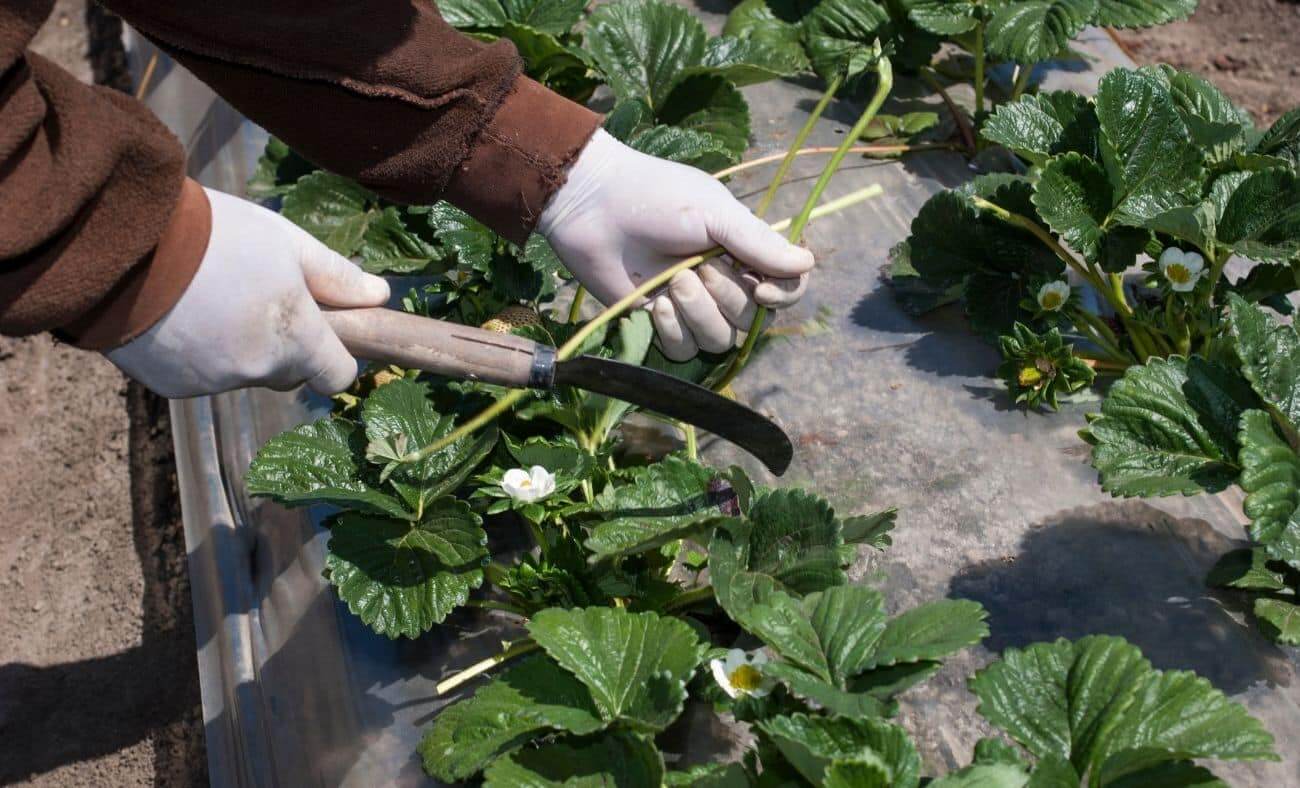This piece is part of Exploits, a new series from Wicked Leeks and Live Frankly, to highlight the systemic poor conditions faced by people working in food and fashion. Find out more here.
“I am beyond shocked at the normalised exploitation.” This is what Sybil Msezane, a former seasonal agricultural worker from South Africa, wrote in an email when she first reached out to me more than a year ago.
This message set in motion the largest journalistic investigation ever undertaken into the UK’s seasonal worker visa, which months later culminated in nearly 50 worker interviews and with Sybil giving evidence before a House of Lords committee. During the course of our research, I felt a similar shock to Sybil’s, as I discovered just how common her experience was.
Since before its launch in 2019, human rights organisations have warned that the way the visa was designed was a perfect recipe for exploitation. The visa limits workers to a maximum six-month placement in the UK horticulture sector. They are also tied to their recruiters, who have the power to decide if and where they can get jobs. Furthermore, workers have to pay for their own flights and visas, meaning many arrive in the UK with huge debts they need to pay off.
Finding and speaking to these workers is not always easy. They live on the farms where they work and many are worried that they will face repercussions if they speak out. But one of the benefits of working at a nonprofit newsroom like The Bureau of Investigative Journalism is time, a luxury few journalists have. We invested that time in finding workers and making sure they trusted us enough to share their stories.
This approach bore fruit. The people who spoke to us reported a litany of problems from not going to the toilet for fear of not hitting targets, to workers fainting on fields as they picked fruit during heatwaves. Some said they would be shouted at or punished for not hitting these targets, for having their mobile in their pocket or for talking to work colleagues while on the field. Others said they were threatened by recruiters with being deported or blacklisted.
Many were left in debt and destitution, and some left the UK being owed money by their employers.
Workers also reported that the accommodation they rented from farms was often in poor condition, with one worker later telling the House of Lords that his caravan was so cold that some nights when he went to sleep, he was not sure if he would wake up in the morning.
There are so many allegations that there is not enough space to list them all, but it does not have to be this way. Following our investigation, a coalition of 19 NGOs and academics wrote to the government asking for a number of reforms to the scheme, including ensuring that workers do not end up in debts as a result of working in the UK.
To date, most of these recommendations have not been taken onboard. Instead, the government continues to expand the scheme, while workers wait for a viable route to justice.
This article was originally published in the latest issue of Wicked Leeks magazine, out now. You can read the full magazine for free online.














Is one surprised with the current government? Legislation must come from the top. If the top is happy with the arrangement, nothing will happen. The only solution seems to be a trip to court……